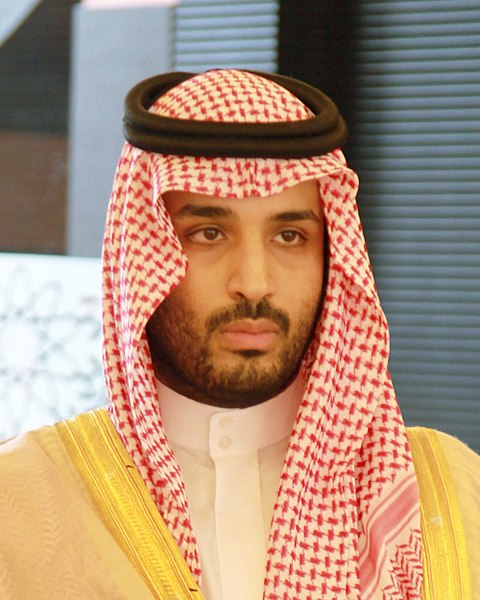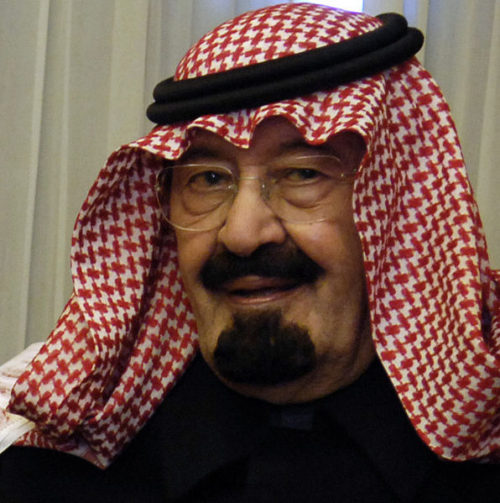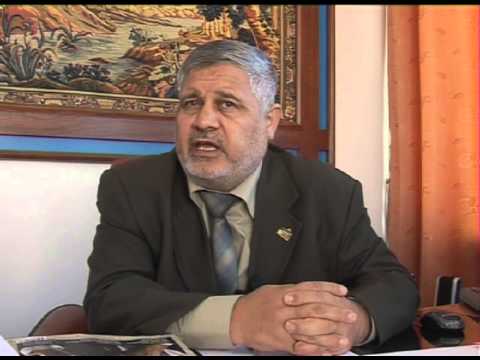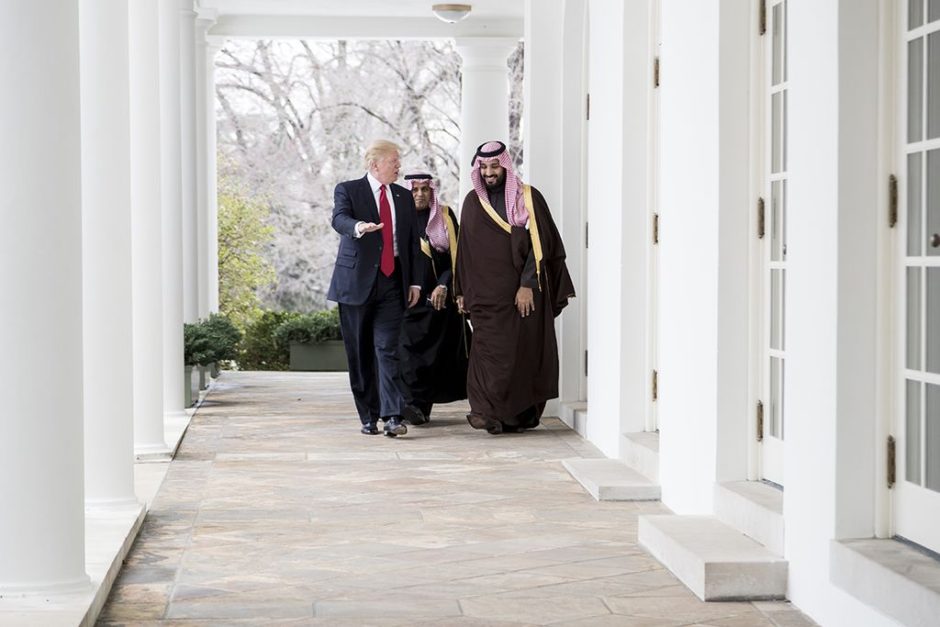Saudi Crown Prince Mohammed bin Salman recently surprised and angered millions of Arabs when he implicitly recognized Israel’s existence and indicated that the establishment of diplomatic relations between Saudi Arabia and Israel could be mutually beneficial.

Prince Mohammed, the 32-year-old heir to the Saudi throne, made his views known in an interview with The Atlantic while touring the United States. One can safely assume that he presented the same ideas in his meetings with the Conference of Presidents of Major American Jewish Organizations, the Anti-Defamation League and the American Jewish Committee.
A reformer who hopes to modernize his desert kingdom, he acknowledged that Saudi Arabia — the heartland of Sunni Islam — and Israel share “a lot of interests.” One of these is the containment of Iran, Saudi Arabia’s Shi’a rival and Israel’s mortal enemy.
Saudi Arabia and Israel both opposed the 2015 Iran nuclear agreement, which froze Iran’s nuclear program for at least a decade. As well, Saudi Arabia and Israel fear that Iran’s hegemonic ambitions in the Middle East will be to their detriment. Given the fact that Iran is their common enemy, the Saudis and Israelis have reportedly engaged in undisclosed covert contacts.
Publicly, a small number of Saudi academics have visited Israel. And in a fairly significant development last month, Saudi Arabia granted Air India permission to fly from Israel to India over its territory and thereby shave nearly two hours off the flight time. Saudi Arabia, however, has not allowed an Israeli airline, such as El Al, to enter its airspace.
It was against this evolving geopolitical backdrop that Prince Mohammed, who ends his trip to the United States this weekend, agreed to be interviewed by Jeffrey Goldberg, The Atlantic‘s editor-in-chief.
“I believe the Palestinians and Israelis have the right to have their own land,” said Prince Mohammed, endorsing the two-state solution. “But we have to have a peace agreement to assure the stability for everyone and to have normal relations.”
He went to say that, in the event of peace between Israel and the Palestinians, Israel and Gulf Cooperation countries could forge fruitful economic ties. He made it clear that Saudi Arabia could not forge peace with Israel unless the Palestinian problem is finally settled.
He added that Saudi Arabia “doesn’t have a problem with Jews,” pointing out that the Prophet Mohammed married a Jewish woman and that foreign Jews work in the kingdom.
With these conciliatory remarks, Prince Mohammed launched what some have described as a charm offensive to soften his country’s poor image. Saudi Arabia, as we know, is a nation in thrall to Wahhabism, an intolerant form of Islam which has demonized Jews, treats women unequally, bans the construction of non-Muslim houses of prayer and considers Christians and Jews infidels.
As a reformer, Prince Mohammed is trying to promote a tolerant strain of Islam that diverges from Wahhabism and respects all monotheistic religions. And politically, he is using his influence to encourage a rapprochement between Israel and the Palestinians, a cause supported by U.S. President Donald Trump, whose first overseas trip last year was to Saudi Arabia.

But Prince Mohammed, for all his encouraging words, is not exactly a latter-day Anwar Sadat. Shortly after The Atlantic interview was published, his father, King Salman phoned Trump to reiterate Saudi Arabia’s “steadfast position towards the Palestinian issue and the legitimate rights of the Palestinian people to an independent state with Jerusalem as its capital.”
According to reports, King Salman did not even mention Israel in his conversation with Trump, prompting observers to conclude that his boilerplate comments on the Palestinians could be seen as a tacit rebuke to his son.
Nonetheless, Saudi Arabia has taken a leading role to defuse the festering the Arab–Israel conflict.

On August 7, 1981, Saudi Crown Prince Fahd of Saudi Arabia unveiled an eight-point peace proposal that covered all the bases: Israel’s withdrawal from Arab territories, including East Jerusalem, captured during the 1967 Six Day War; the dismantlement of Israeli settlements in the West Bank, Gaza Strip, Sinai Peninsula and Golan Heights; the Palestinians’ right to self-determination within the framework of a sovereign Palestinian state; indemnity for Palestinian refugees not exercising the right of return; a United Nations Security Council guarantee of peace among all the states in the region, including Israel.
The Saudi plan, adopted in a modified form at an Arab summit in Fez, Morocco, in September 1982, remained the Arab position until the 1991 Madrid conference.
Israel rejected the plan.

Eleven years later, at an Arab summit in Beirut, the Saudis presented a peace initiative initially floated by King Abdullah. In exchange for Israel’s full withdrawal from Arab lands captured in 1967, the creation of a Palestinian state with East Jerusalem as its capital, and a “fair solution” for the Palestinian refugees, the Arabs collectively offered Israel recognition of its right to exist and normalization of relations with Arab states. The plan, resubmitted by the Arabs in 2007, was endorsed by the Arab League, but not by Israel.
Prince Mohammed’s overture to Israel is the latest Saudi attempt to deal with the Arab-Israeli dispute. It was generally welcomed in Israel. But Iran and its ally, Hamas, condemned it as a plot to “market” Israel in the Arab world.

“I’m surprised to see how this entity [Israel] can be marketed,” said Ahmed Yousef, a senior Hamas official based in Gaza. “This is a very dangerous matter that needs to be reconsidered. Regrettably, the virus of normalization [with Israel] has begun penetrating some Arab regimes, while the Arabs and Muslims remain categorically opposed to normalization with Israel. Normalization is a dangerous germ.”
Normalization is still a long way off. As Prince Mohammed suggested, Saudi Arabia will not sign a peace treaty with Israel, and thus follow in the footsteps of Egypt and Jordan, unless Israel and the Palestinians make peace. Saudi Arabia will not go out on a limb unless Israel opts for conflict resolution rather than conflict management, which is what the current Israeli government focuses on.
